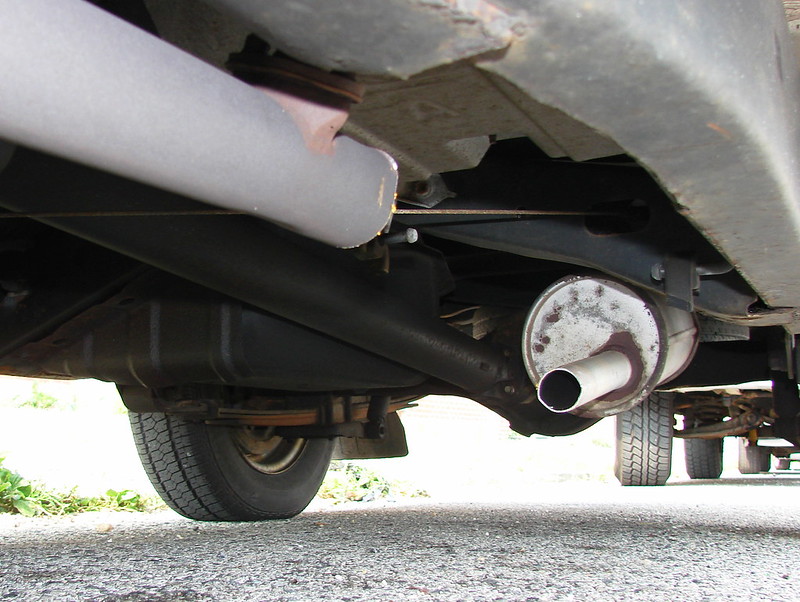New Connecticut law designed to address catalytic converter thefts
Gov. Ned Lamont has signed into law Public Act 22-43, which establishes new requirements to how motor vehicle recyclers, scrap metal processors, junk dealers, junk yard owners and operators, and motor vehicle repair shops receive and sell catalytic converters.

According to a statement from the governor”™s office, the measure was approved to address the rising level of catalytic converters thefts, and is specifically focused on deterring criminals at the point-of-sale. Under the new law, it will now be illegal for motor vehicle recyclers to receive a vehicle”™s catalytic converter unless it is physically attached to a motor vehicle.
Furthermore, recyclers must affix or write a stock number on the part, and create a written record of the transaction, including the name, address, telephone number, license number, and automobile VIN number of the customer. Scrap metal processors and junk dealers will now also be required to electronically submit all of their information on catalytic converter sales to the Connecticut State Police once per week.
“Cracking down on the theft and vandalism of motor vehicles requires a multifaceted approach, and one of those tactics includes making it more difficult for criminals to profit from the sale of stolen parts,” Lamont said. “This law also enacts new requirements that will help law enforcement more easily track down who is selling stolen parts and put a stop to their criminal activity. I thank the bipartisan members of the legislature for approving this bill and sending it to my desk so that I could sign it into law today. The easy ability to sell stolen parts is a major reason why motor vehicle theft and vandalism occurs, and this law will help serve as a deterrent.”
The law takes effect July 1, 2022.
Photo: Seth Sawyers / Flickr Creative Commons